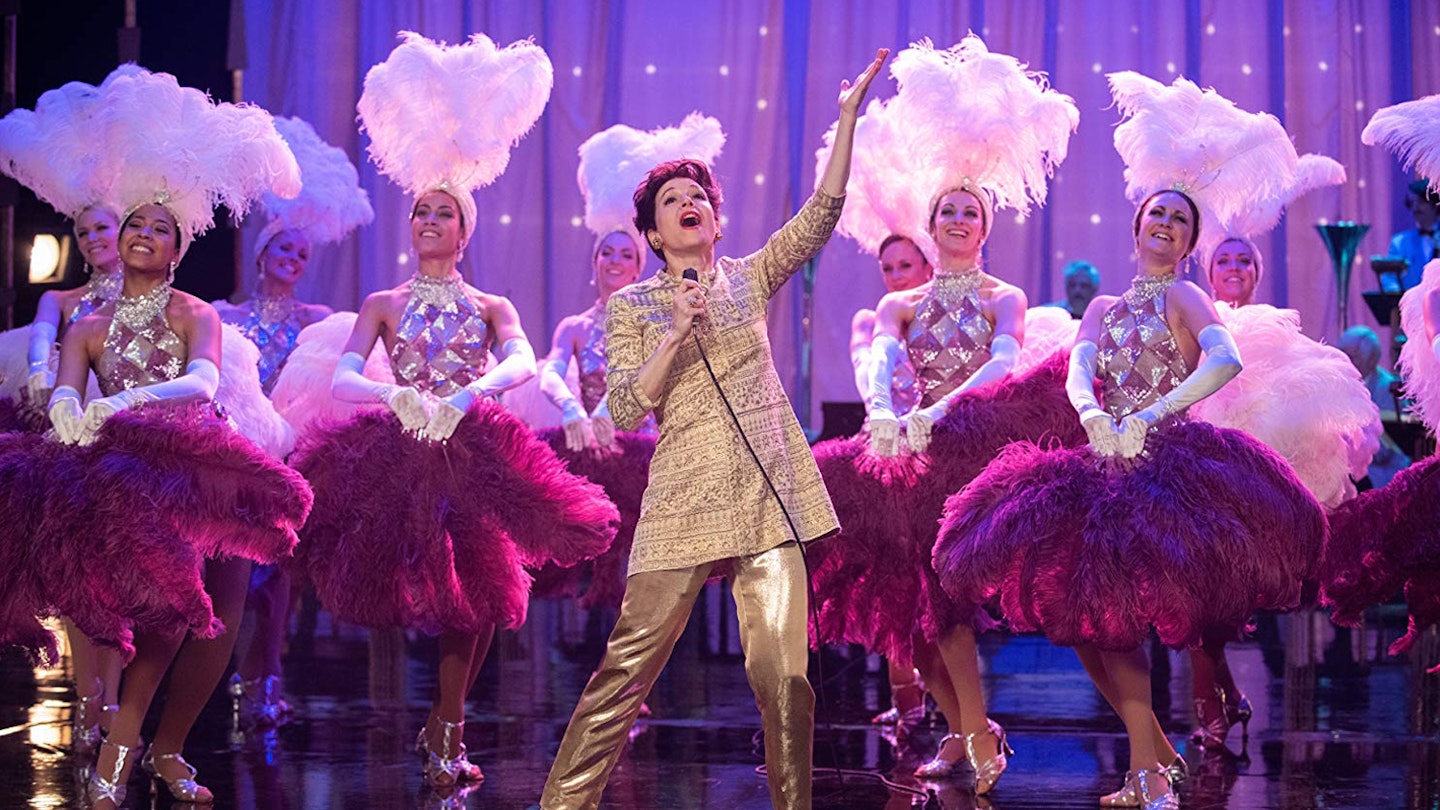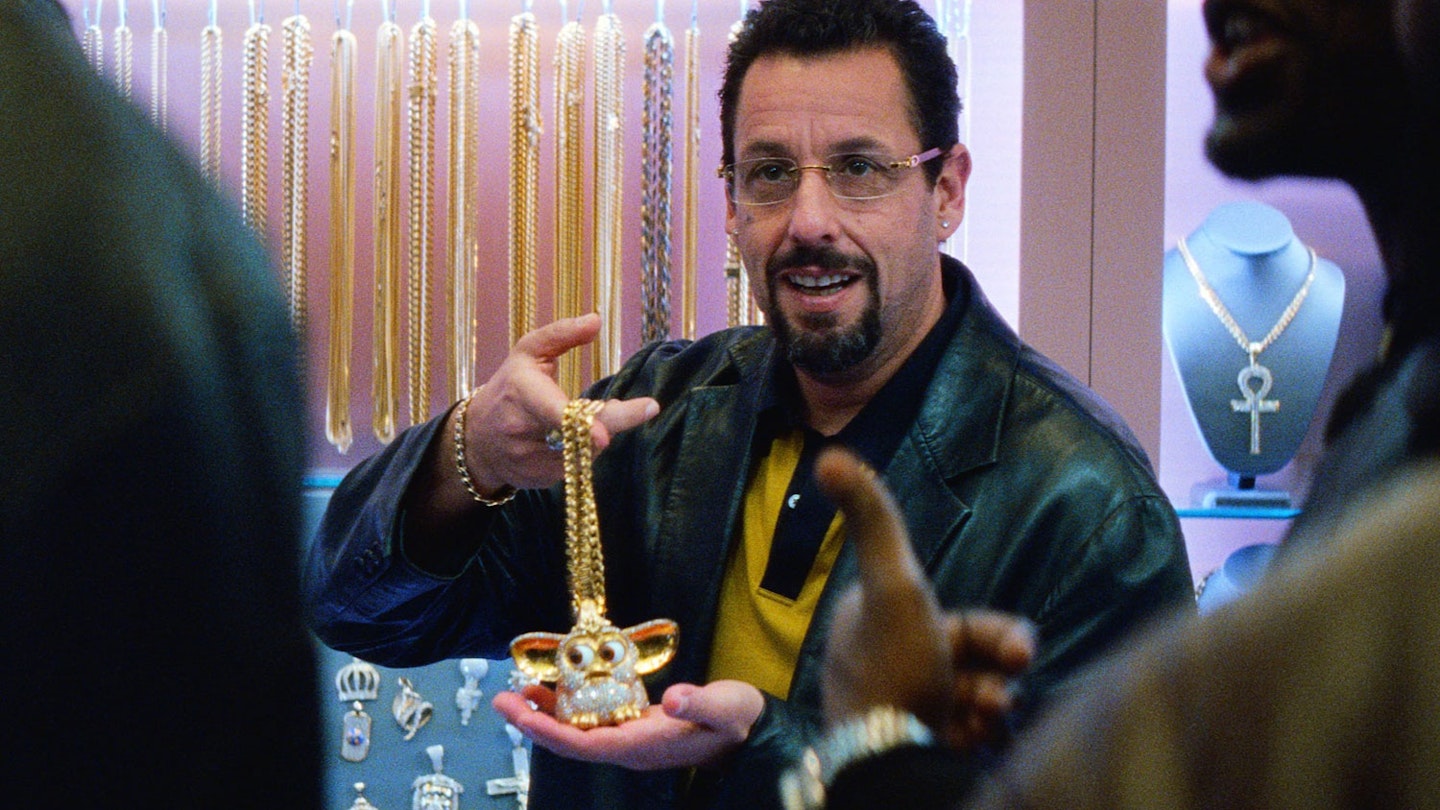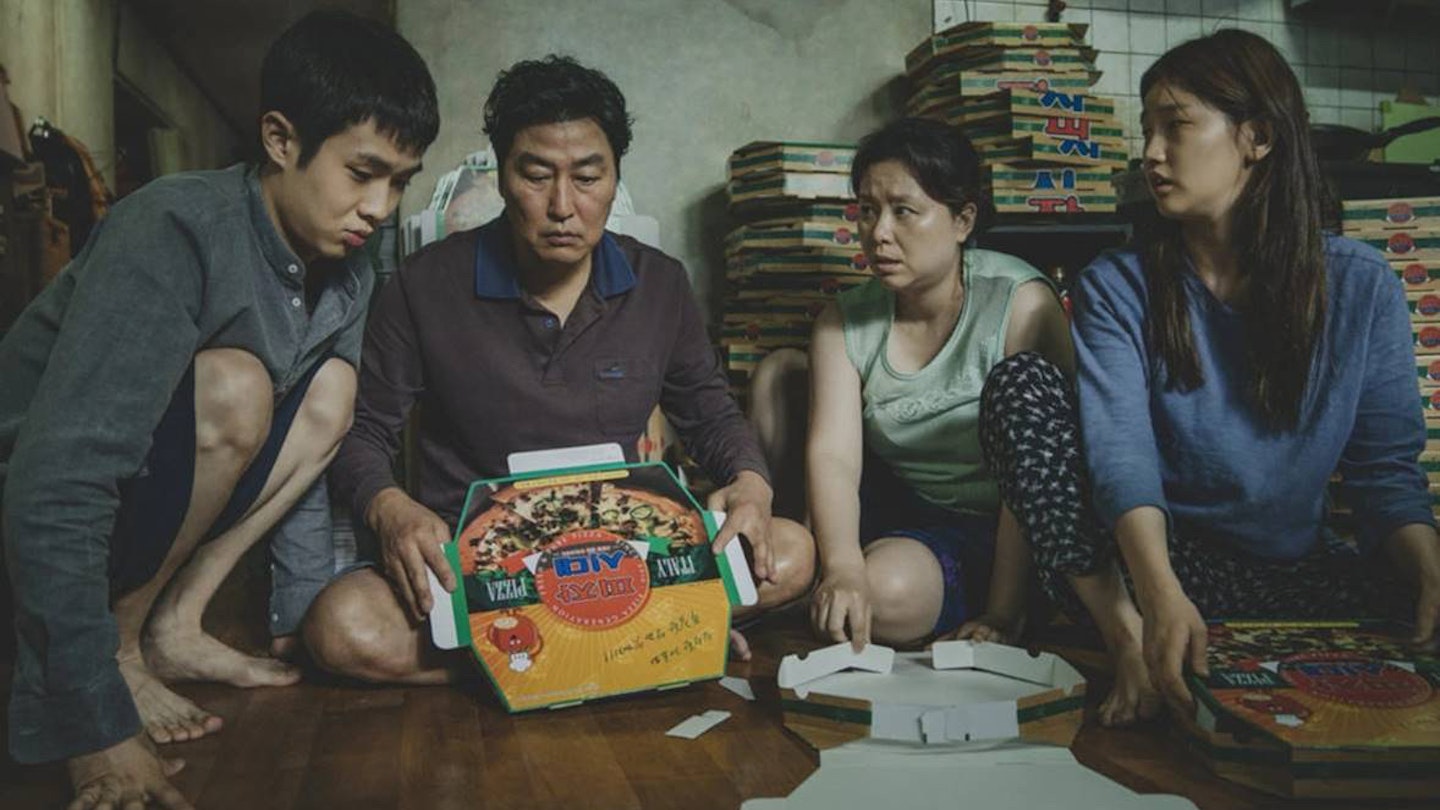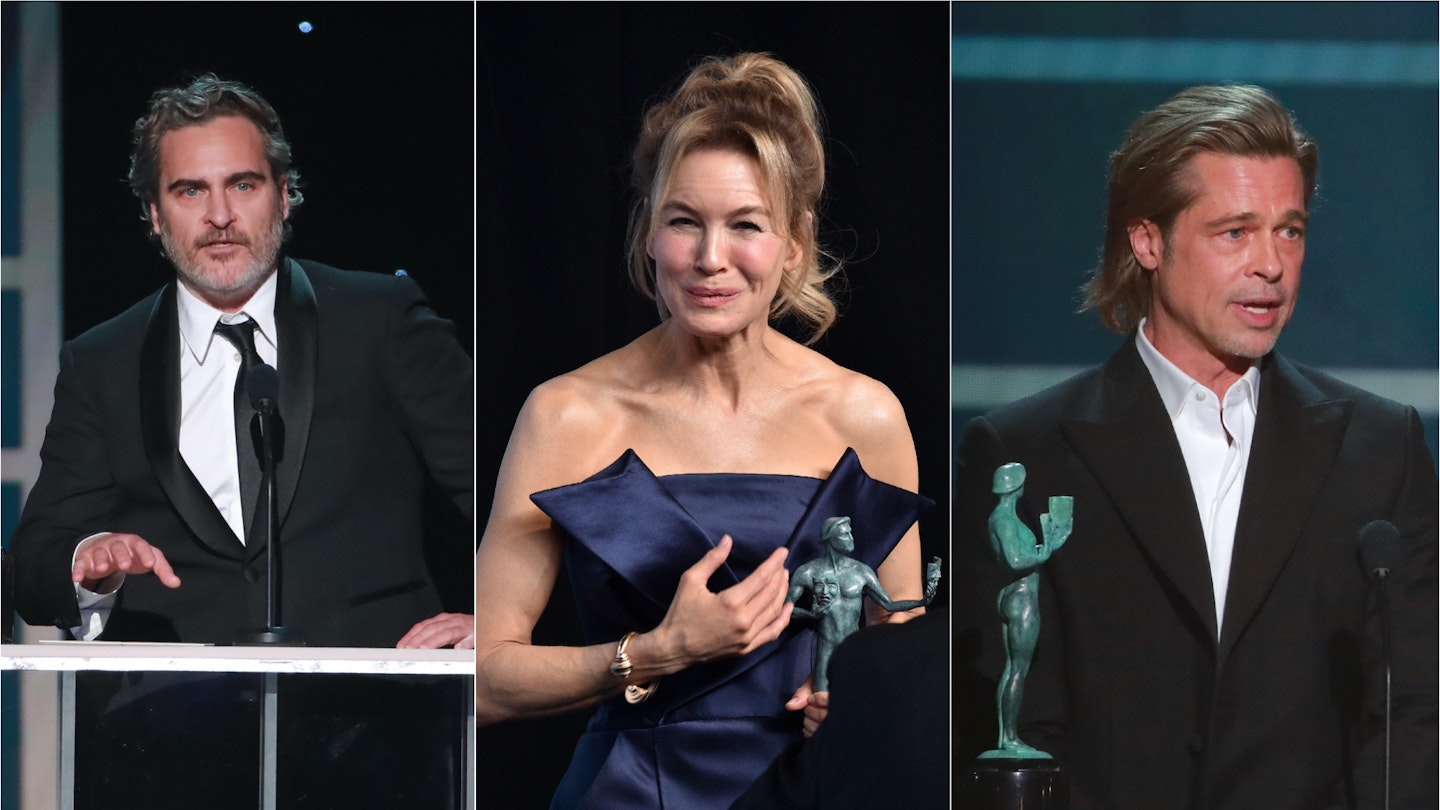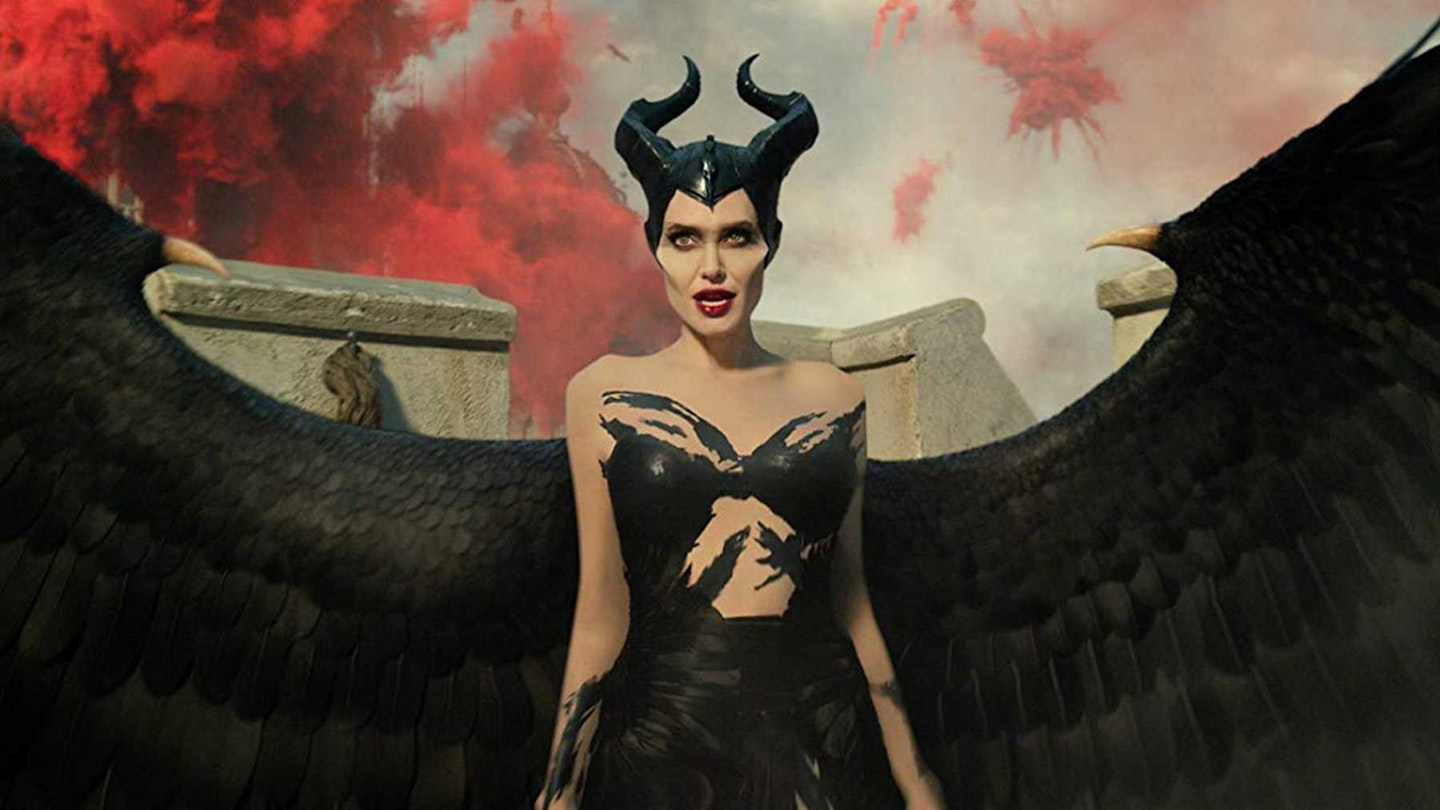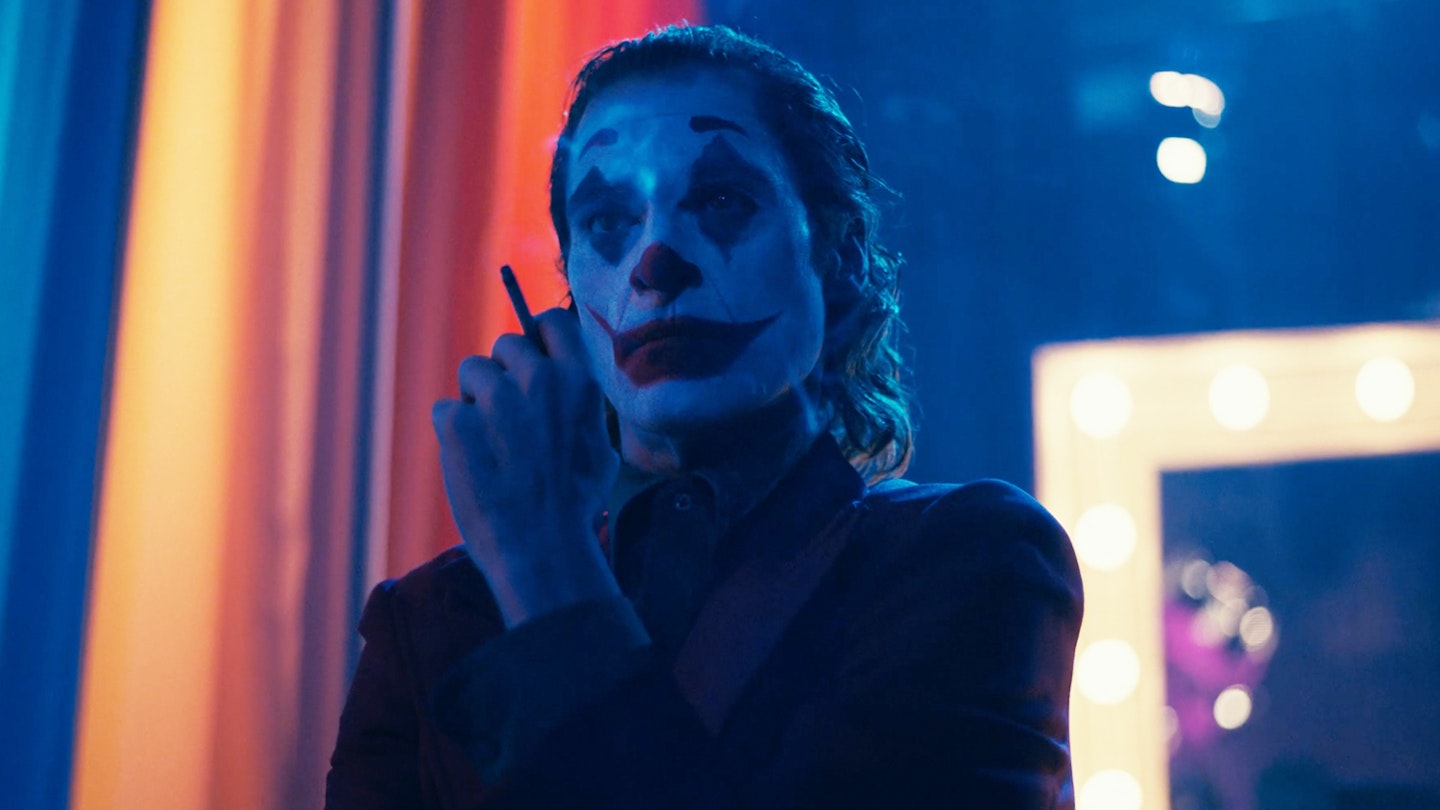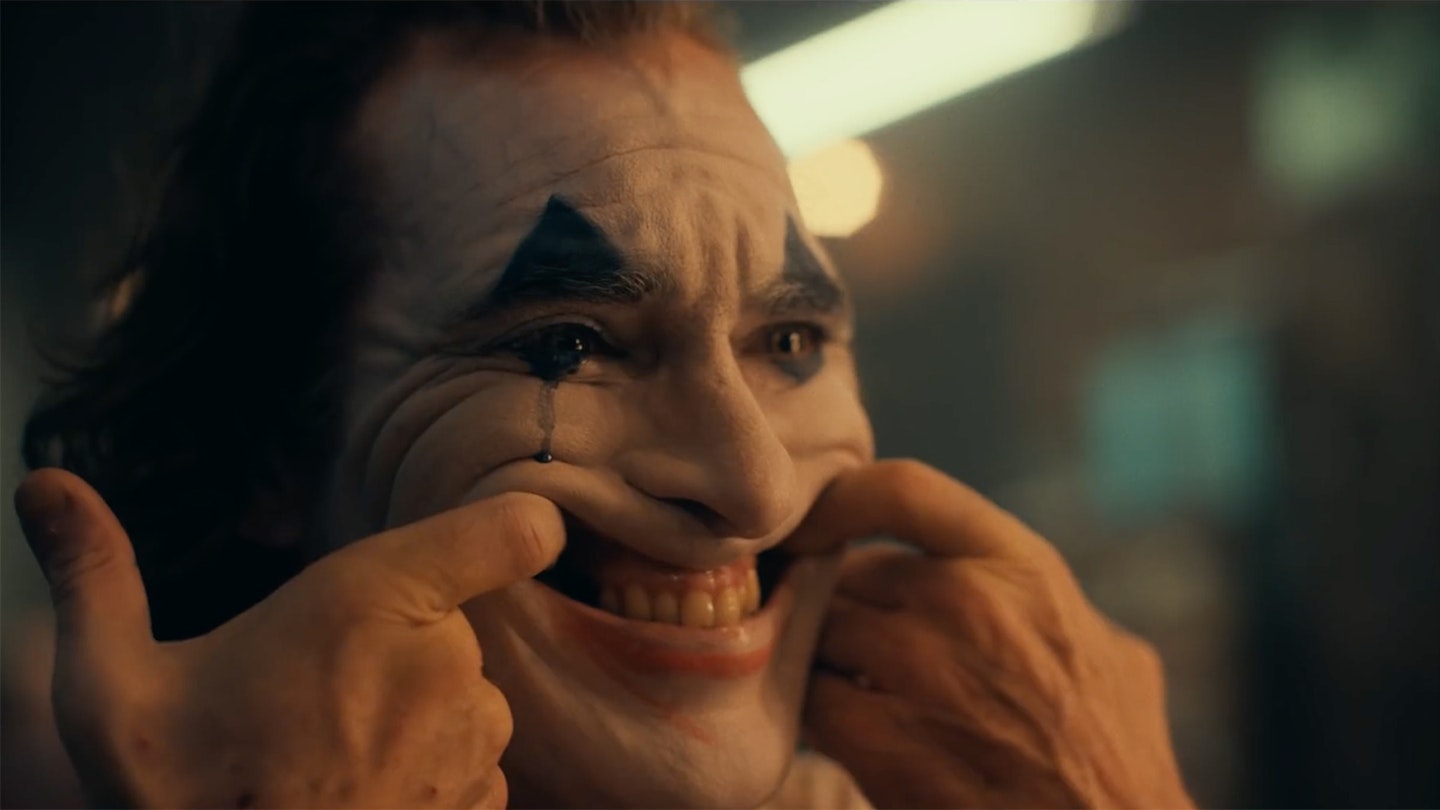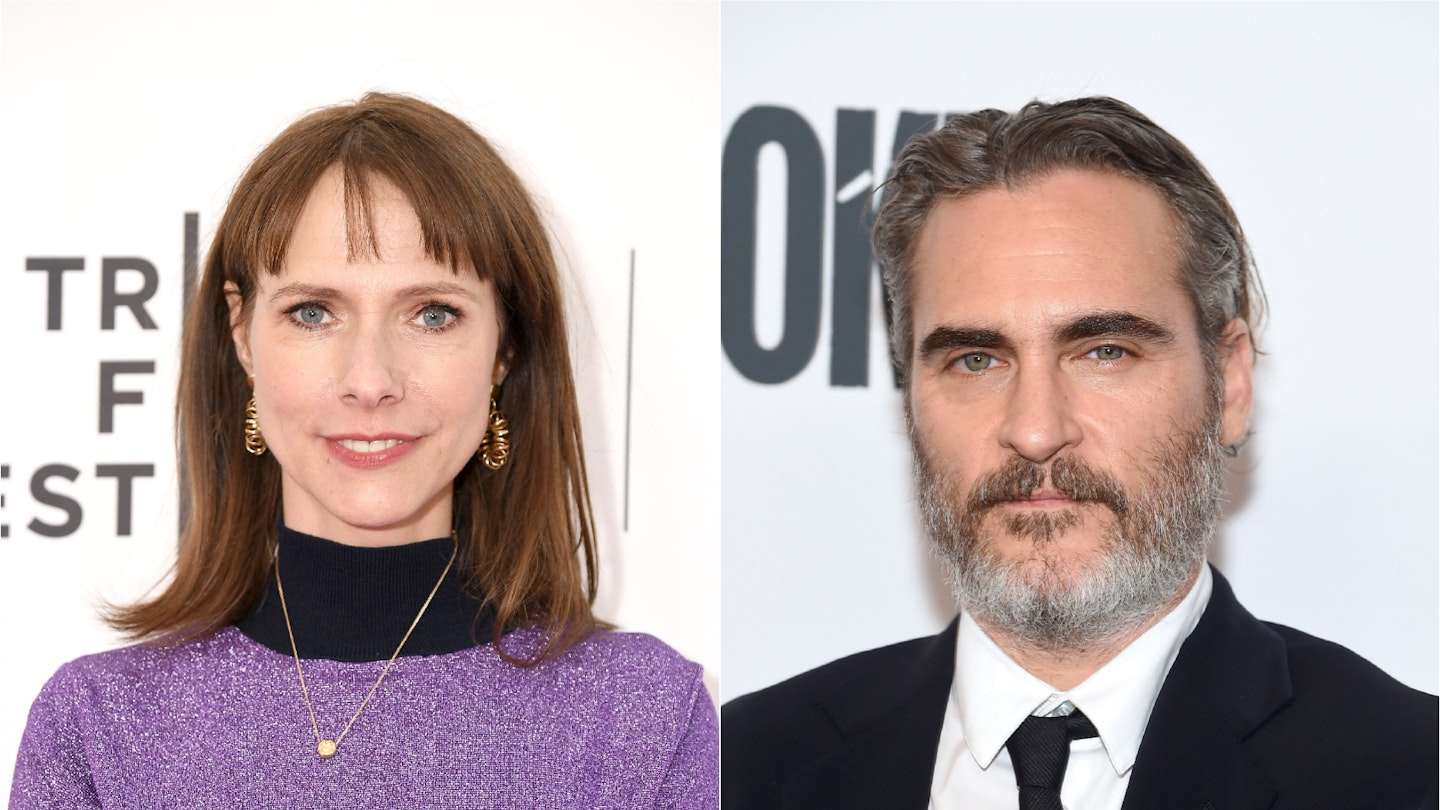There is an image around halfway through Judy that captures Judy Garland (Zellweger) slumped in her dressing room, head bowed, cigarette burning in hand, surrounded by wall-to-wall flowers, a depleted Garland before literal garlands. It’s a moment that gets to the heart of the last days of Garland’s life, the difference between the private and the public, despair and sadness crystallised against a rose-coloured world-view. It’s something Rupert Goold’s film doesn’t quite manage again. For, despite an imposing performance by Renée Zellweger, Judy never exposes the dark heart of Garland’s last years, creating an enjoyable backstage drama movie while failing to get under its protagonist’s skin.
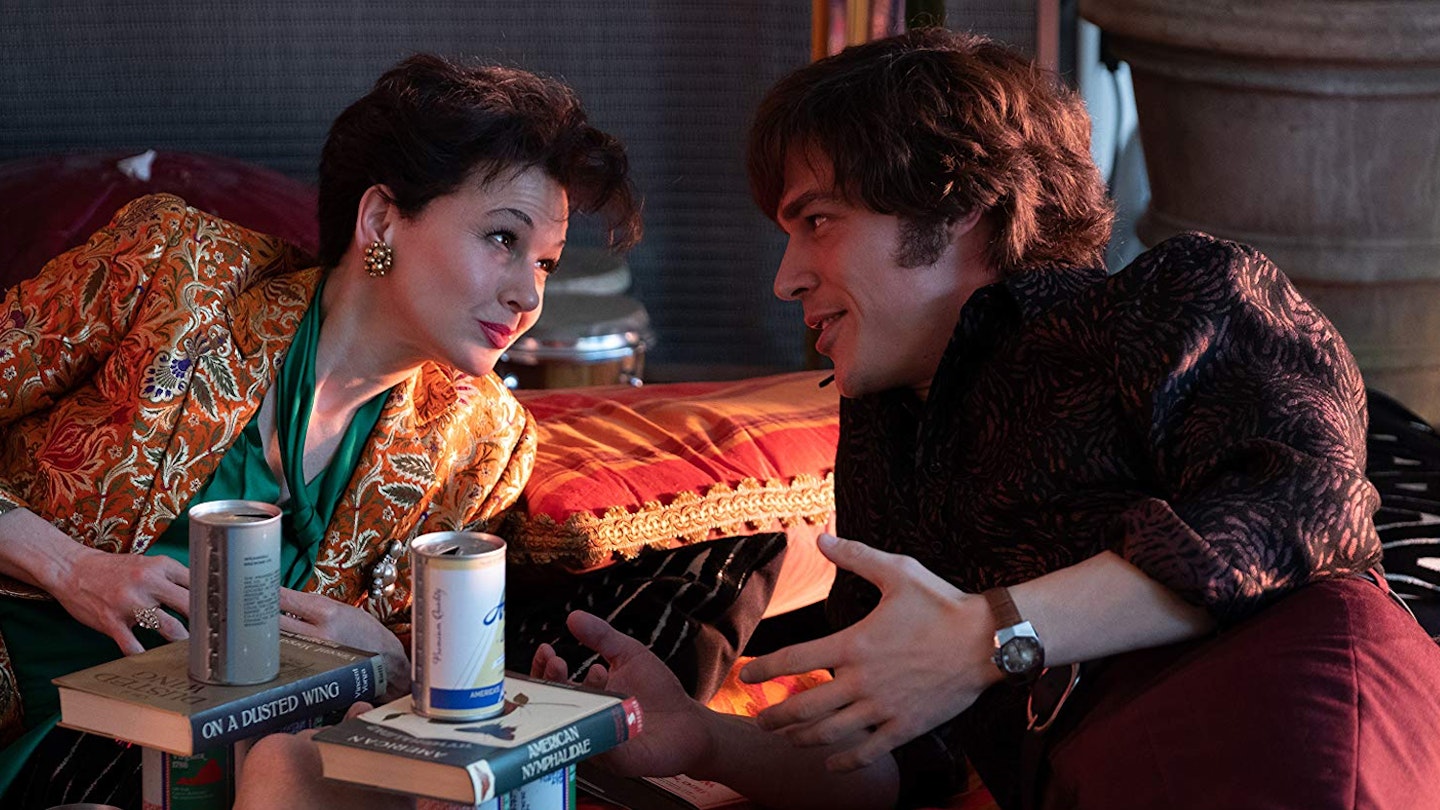
Like last year’s much better Stan & Ollie (it shares a character in showbiz impresario Bernard Delfont), Tom Edge’s screenplay examines Garland through the prism of a late-in-life UK engagement peppered with flashbacks to key moments in her early years as a child star. After a talk-y start in Los Angeles (Gemma-Leah Devereux is a dead spit for Liza Minnelli), things pick up when Garland arrives in London, refuses to rehearse then knocks ‘By Myself’ out of the park. Garland is paired with an assistant-cum-minder, Ros (Jessie Buckley, using a fraction of her talents), and the subsequent uphill struggle to get Garland stage-ready is entertaining. We see glimpses of other areas of Garland’s life — a brutal TV interview about her children, her lover Mickey Deans (Finn Wittrock) surprising her in London — but it’s in the theatre where ‘Judy’ impresses most.
The uphill struggle to get Garland stage-ready is entertained.
The film is less surefooted when it comes to dealing with Garland’s past. Interspersed in the ’60s timeline are flashbacks to young Judy in ’30s Hollywood, being ugly-shamed on the set of The Wizard Of Oz by Louis B. Mayer, denied a French fry at lunch with Mickey Rooney to control her weight, and an act of rebellion as she jumps in a tank at a manufactured birthday party staged two months before the actual date. Yet the correlation between Judy’s brutal management by Mayer and her later-in-life troubles feels simplistic, psychoanalysis 101 that undercuts any attempts at complexity. Equally banal is a plot thread back in London involving Garland and two gay fans (Andy Nyman, Daniel Cerqueira) that feels entirely engineered to pay homage to Garland’s status as a gay icon rather than offer any sense of convincing organic drama.
It’s a small film that never successfully evokes the scale of old-school Hollywood — the LA sequences feel very stage-bound — or the louche London of the ’60s. Zellweger goes some way to etching Judy’s loss — there’s a touching late-on moment when Judy phones home to daughter Lorna (Bella Ramsey) — and goes for broke on stage, barnstorming her way through ‘The Trolley Song’ or smouldering on ‘Come Rain Or Come Shine’. Yet the film really stumbles in its big climax, pulling a cheap trick, parlaying one of Hollywood’s saddest, most tragic stories into a feel-good moment. Garland — and Zellweger — deserved so much more.
